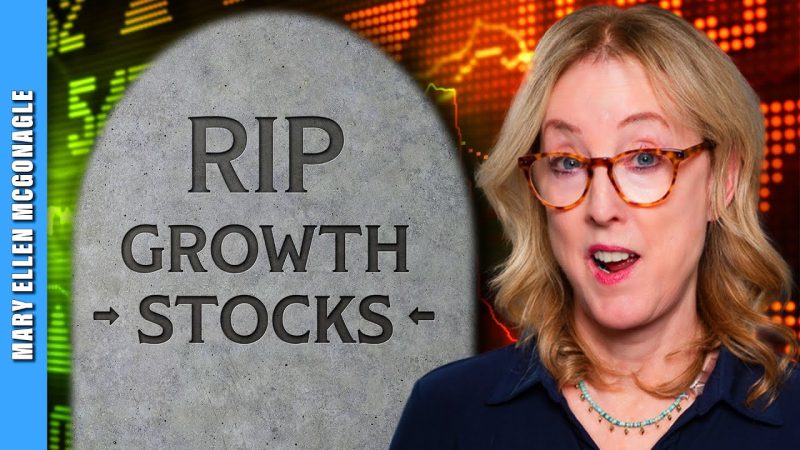In recent times, the stock market has been witnessing a significant shift in investor sentiment, particularly towards growth stocks. These stocks have been traditionally favored by investors for their potential to deliver outsized returns over time. However, amidst the changing market dynamics, some experts are questioning whether it is game over for growth stocks.
One of the primary reasons behind the skepticism surrounding growth stocks is the recent rise in interest rates. When interest rates go up, the cost of borrowing increases, making it more expensive for companies to fund their growth initiatives. This can dampen the appeal of growth stocks, as investors may become more cautious about pouring money into companies that rely heavily on borrowing for expansion.
Moreover, the valuation of growth stocks has been a point of concern for many investors. In a low-interest-rate environment, investors tend to assign higher valuations to growth stocks, as the lower discount rate increases the present value of future cash flows. However, as interest rates rise, the discounted cash flow valuation model may paint a less rosy picture for growth stocks, leading to a reassessment of their valuations.
Another factor that may be signaling a potential slowdown for growth stocks is the shift towards value investing. Value stocks, which are characterized by trading at a lower price relative to their fundamentals, have been gaining traction as investors look for more stable and undervalued opportunities in the market. This shift in investment strategy could divert capital away from growth stocks, further challenging their performance.
Furthermore, the economic recovery following the global pandemic has led to a rotation in the market, with investors favoring sectors that are poised to benefit from the reopening of the economy, such as industrials, financials, and energy. This rotation away from technology and other growth-oriented sectors has put additional pressure on growth stocks, as investors seek exposure to companies that are likely to outperform in the current economic environment.
While the outlook for growth stocks may appear challenging in the short term, it is essential for investors to maintain a diversified portfolio that balances exposure to both growth and value stocks. Diversification can help mitigate risk and provide opportunities for growth across different market environments.
In conclusion, while the current market conditions may pose challenges for growth stocks, it is premature to declare it game over for this investment style. The landscape of the stock market is ever-evolving, and successful investing requires adaptability and a long-term perspective. By staying informed, remaining diversified, and conducting thorough research, investors can navigate the shifting dynamics of the market and make informed decisions that align with their financial goals.
